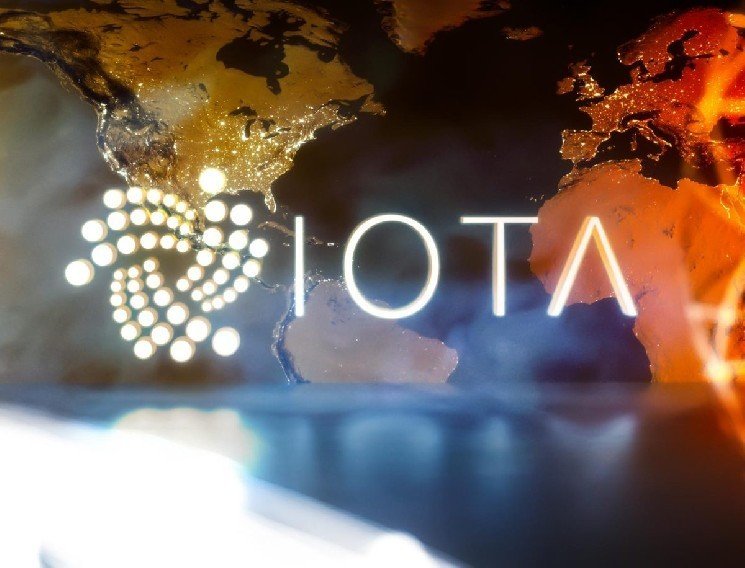- IOTA has achieved its position in the Global Blockchain Business Council 2025 Handbook.
- This perception is highlighting the IOTA twins as an example of blockchain in action, transforming the global trade infrastructure.
Global Blockchain Business Council (GBBC) is a nonprofit organization that brings together leaders in blockchain, digital assets and emerging technology sectors. Recently, GBBC released the 2025 edition of the 101 real-world blockchain use case handbook. Why is this important? It is a practical and educational guide to help policy makers, regulators and global organisations understand how blockchain is applied.
It represents over 500 institutional members and nearly 300 ambassadors from 124 countries and industries. It highlights real-world projects, case studies, and solutions that have already had a tangible impact. It is a great recognition that this handbook will be featured. That means that the project is trusted and effective in the real world.
Iota and twins
Trade and Transport Information Network (TWIN) is a joint blockchain-based initiative aimed at making the trade process simpler, more transparent and more efficient. It runs under the IOTA distributed ledger protocol. Thanks to automated data exchange via the Rest API, Twin already has impressive results, reducing export and import processing times and costs by 20% to 50%.
GBBC explained:
Regulatory framework. ”
Six major organizations support the project. The IOTA Foundation provides the underlying blockchain technology, providing a scalable and secure distributed ledger that is optimal for real-time, low-cost data and value transfer. Trademark Africa (TMA) is the leading aid response organization and focuses on reducing trade barriers across Africa.
The World Economic Forum is about bringing expertise in global policy and ensuring that twins remain in line with international standards. The Tony Blair Institute for Global Change adds insights and policy directions to guide Twin development.
Meanwhile, the chartered Institute for International Trade in Exports (CIEIT) supports initiatives with practical training and compliance expertise. The Global Alliance for Trade Facilitation (GATF) concludes it all, turning ideas into action and driving real-world trade reform through strong public-private partnerships.
According to the report, Twin Technology has been in trial in the UK since spring 2024 as part of the government’s Border 2025 strategy. Various government sectors and border agencies are testing the system to see how trade can be modernized and simplified.
So far, it shows a real promise. Twin has digitized the trade flows of everyday products such as coffee, tea and frozen products. This helped streamline customs procedures, making the supply chain more transparent and efficient.
The GBBC refers to how twins are converting trade finance. One of its important strengths is the digitalization of commercial invoices. This is an important step that enables financial tools such as invoice factoring and automated risk assessment. By setting new standards for Digital Trade Documentation, Twin is helping businesses access funding faster, reduce transaction costs, speed up payment processing, and remove friction from one of the oldest areas of trade.
The report also highlights how Twin is being used to enhance global supply chains and logistics. One important initiative is the Responsible Supply Chain and Logistics Due Diligence (Resuld) program focusing on fruit and vegetable movements between Kenya, the Netherlands and the UK. By integrating Twin, the program ensures full traceability and accountability across the supply chain, from farms to tables.
Another application concerns maritime just-in-time optimization. The project aims to improve port operations by reducing congestion and fuel consumption. In East Africa, the Trade and Logistics Information Pipeline (TLIP) shows how twins can digitize and streamline their trading processes.
“TLIP will allow Kenyan exporters and logistics providers to exchange transaction data digitally. By integrating with government agencies, TLIP streamlines document authentication, reduces delays and builds trust,” GBBC added.


